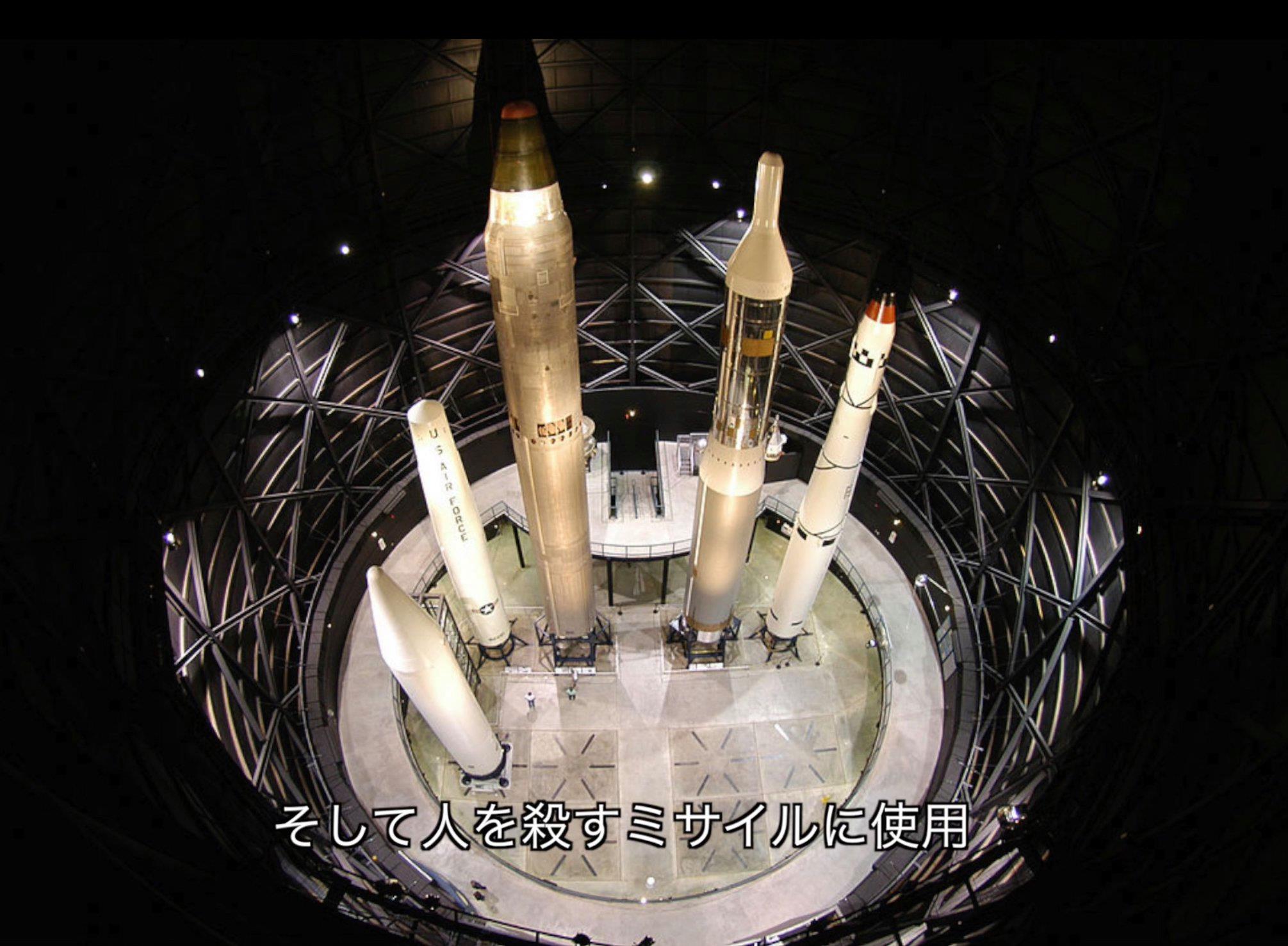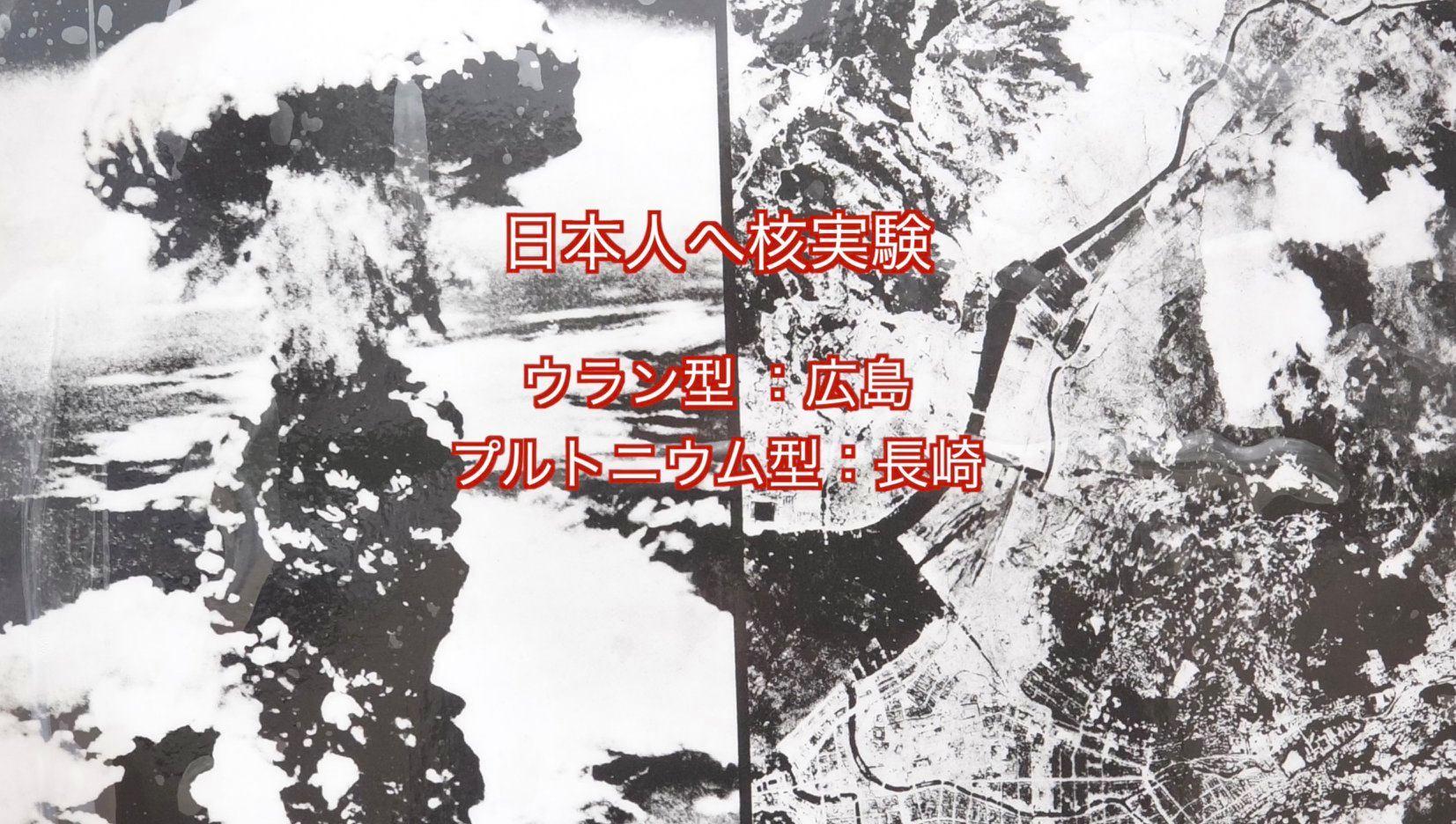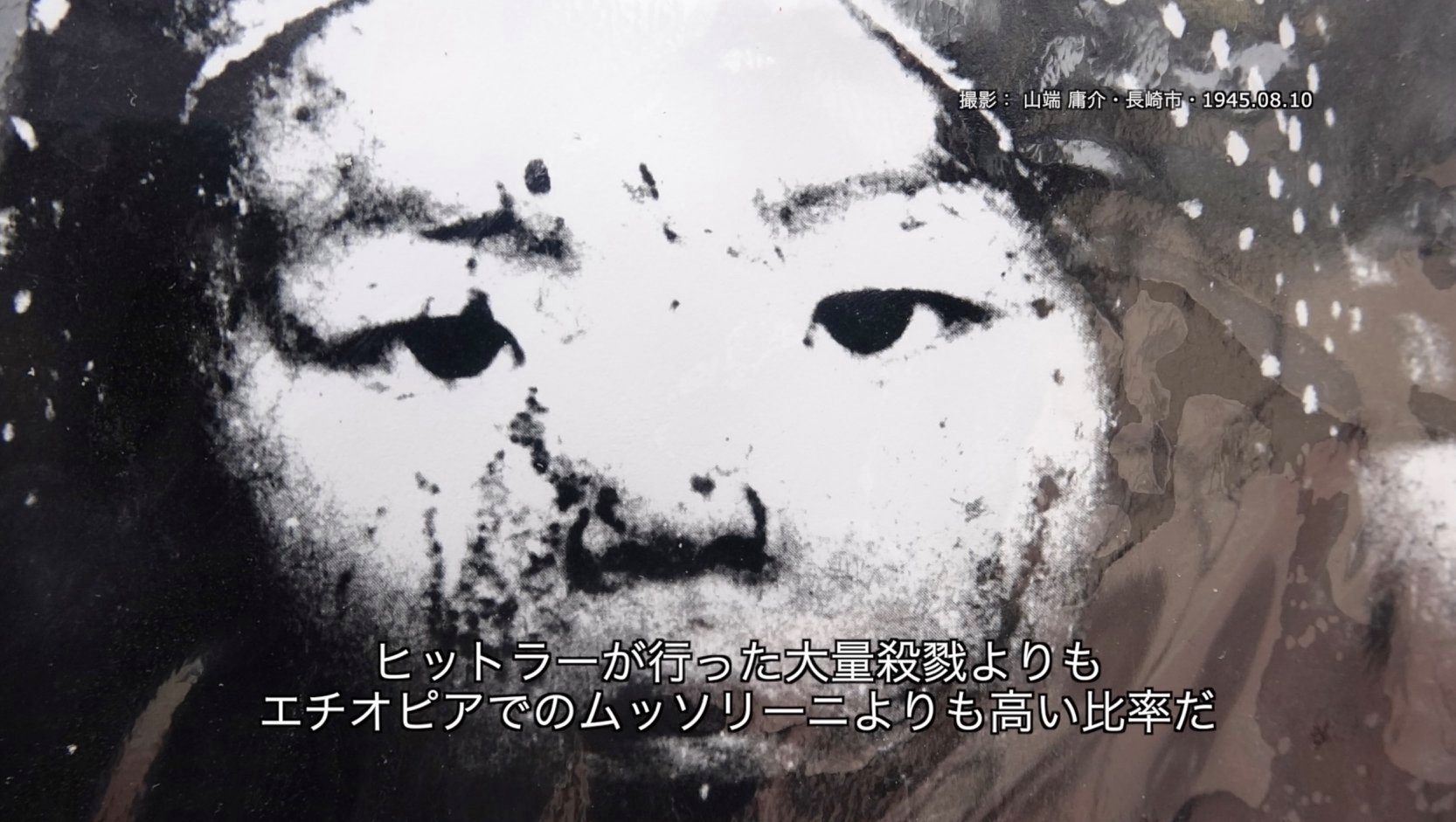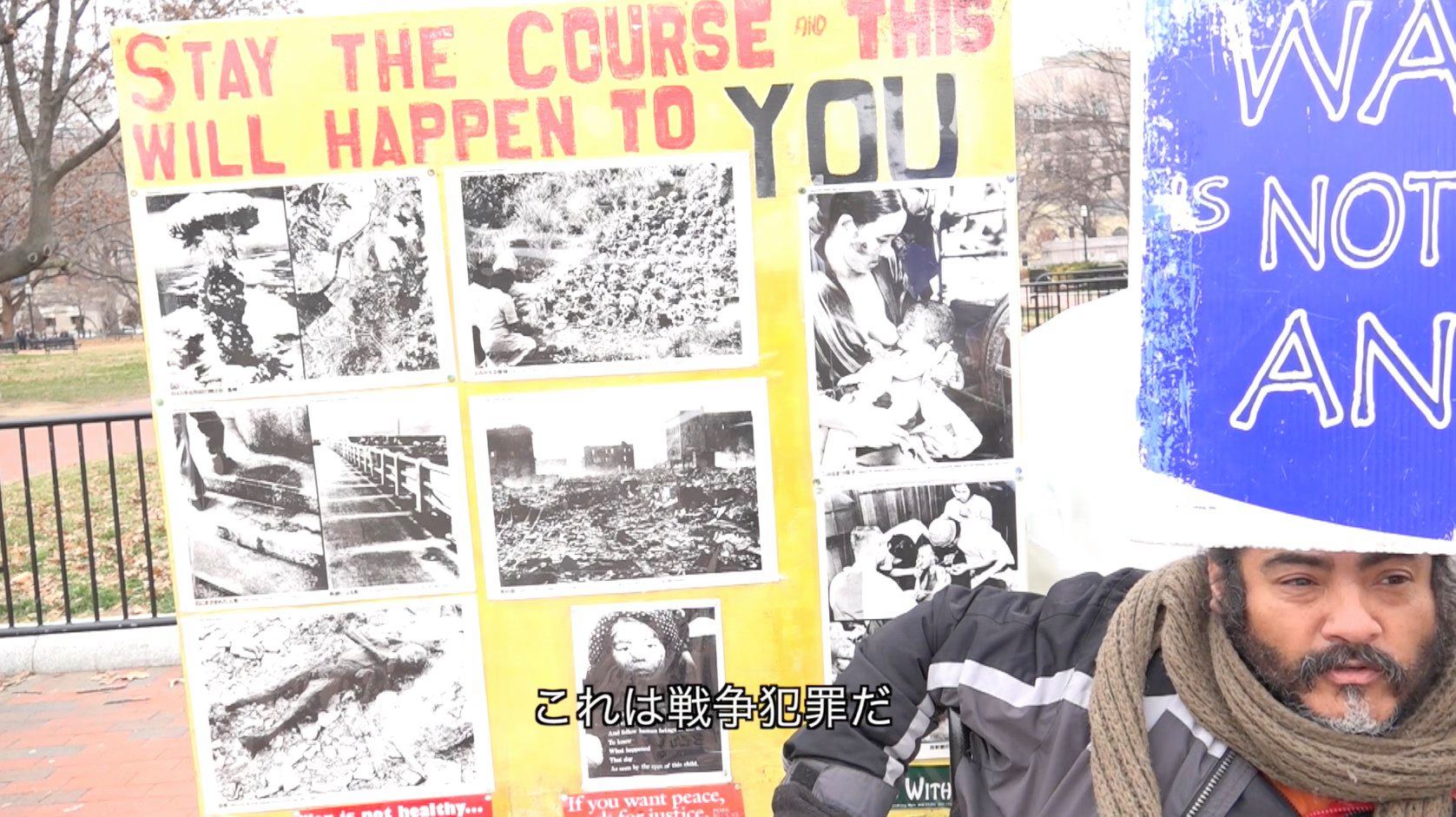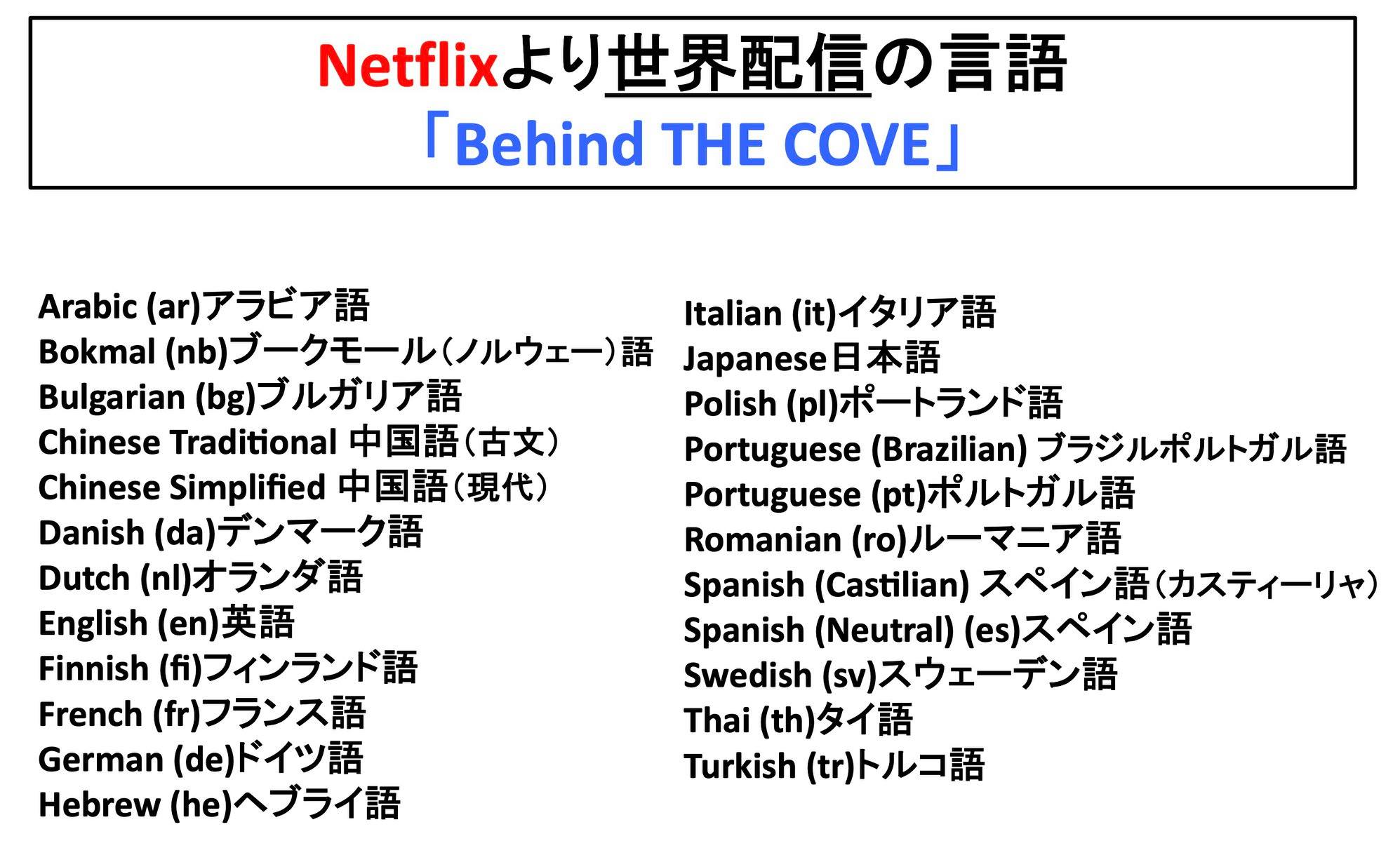NEWS 最新情報
2020.08.09
【原爆投下日に思うこと:クジラと戦争の関係】(↓English below)
早いものでNETFLIXさんからの世界配信も3年が経過しようとしている。
今月の8月24日が最終日。
(8月9日現在、日本を除き各国の言語で世界配信中)
配信国:https://help.netflix.com/ja/node/14164
まさか、クジラの真実を伝えようとすることで原爆の件を扱うことになるとは、私自身、想像もしていなかった。
クジラには、黒船来航や鯨油の軍事利用、ベトナム戦争時の国連決議など、『クジラと戦争』は切っても切り離せない関係がある。
だから、こんなにも日本が食べているクジラ食を執拗にも警戒され、止めさせようという働きかけがあったのかと思う。
世界的な影響力を大きく持つ、NETFLIXさんから拙作を世界へ伝える機会を頂いたことにより、クジラの問題を通して、「残虐とは何か?」「核を2発落としたことへの戦争犯罪はどこの国か?」についても、クジラ以上に大きなトピックに言及し、世界へ伝えることができたことは、NETFLIXさんに感謝しかない。
配信前は、通常の娯楽映画の世界配信の喜びとはまた違い「私、殺されるかも」、と不安もあった。
しかし、逆だった。
配信前までは、SNS上で真っ赤な血の海の写真と共に「捕鯨は残虐だ!」「非人道だ!」と大量に送り付けられることがあったが、配信後、ピタッと止まった。
勿論、戦争を持ち出すな!という声も一部にあったが、実際、クジラの軍事利用がある限り、切っても切り離せないのだ。
戦後、昨今の日本は事なかれ主義から脱却できずにいることが、
75年もの長い、長すぎる時が経過しても、迎合ばかりなスタンスで核保有に賛成の立場であることは、昨年来日したローマ教皇に限らず、多くの海外からしたら奇異そのもののように思える。
一体、何百年経過したら、日本は核保有に反対できるのだろうか。。。
被曝で亡くなられた方は「今の日本の姿勢をどう思うだろうか?」、と思う。
日本のためだけではなく世界の安心ために、日本人がもっと声をあげていかないと、と改めて思う。
NETFLIXさんに感謝と戦争被害者の方に哀悼の意を捧げます。
[Thoughts on the Day the Atomic Bomb was dropped: The Relationship Between Whaling and War]
It's fast approaching three years since my film “Behind THE COVE” was the distributed worldwide by NETFLIX.
August 24th is the last day my film will be on Netflix. As of today, August 9th, the film is streamed worldwide (except Japan) in various languages in the following countries:
https://help.netflix.com/ja/node/14164
I never imagined that by trying to tell the truth about whales I would end up touching on the issue of the atomic bomb in my film.
Whales are inseparable from war, as evidenced by the arrival of “black ships” (foreign influence) to Japanese shores, the military use of whale oil, and the UN resolution during the Vietnam War.
I wonder if this is why people are so relentlessly vigilant about Japan's whale diet, and why there has been so much pressure to stop it.
With the opportunity to share my film with the world thru NETFLIX, one of the world's largest influential streaming platform, and through the issue of whaling, I have been able to comment on even bigger topics than whaling, and convey to the world my thoughts on topics such as “what is cruelty?” and “which country is responsible for the war crime of dropping two atomic bombs?”
Before my film was distributed on Netflix, I knew I would not feel the usual joy of what a director of an entertainment film would feel about global distribution, even thinking that my life could be in danger.
But things turned out very differently.
I would receive many photos of the ocean turned bright red with blood on social media along with comments like, "Whaling is brutal! It's inhuman!”. But after the film was streamed on Netflix, this suddenly stopped. Some who saw my film, told me that I shouldn’t bring up the issue of the war. But the fact is, as long as there is evidence of the military use of whales, these two topics are inseparable.
For not only the Pope, who visited Japan last year, but also for many countries, it seems strange that Japan has not been able to break free from the principle of mediocrity in the post-war era, and that even after a long, far too long, 75 years after the end of the war, the Japanese government is still in favor of the possession of nuclear weapons, with a stance that only panders to nations that promote them.
How many hundreds of years will it take for Japan to oppose the possession of nuclear weapons?
What would the people who died of radiation exposure from the atomic bombs think of Japan today?
On this day, I once again hold my resolve that we Japanese people have to speak out more for the world, and not just for Japan.
I would like to express my gratitude to Netflix, and also offer my condolences to the war victims.
